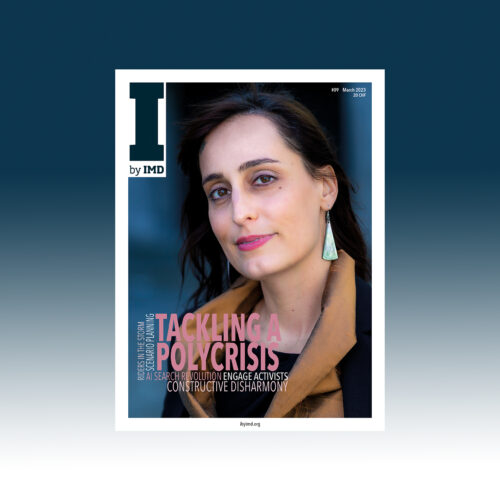And by feeding back these dilemmas, often the stakeholders themselves propose solutions. So, the trick is not just to listen to diverse voices, but also to admit that you don’t have all the answers and to find the people who do. As leaders, it’s important to both employ and engage with those who excel in the areas that we don’t. Together, we can find solutions to problems that are bigger than ourselves.
Such partnerships were invaluable for Rio when we needed to quickly mobilize resources to locate a missing radioactive capsule that was lost in transit after leaving one of our remote mine sites in Western Australia earlier this year. That involved working closely with the Australian authorities to locate and recover the capsule. It was a remarkable feat, given that the missing part measured just six by eight millimeters and was lost on a desert highway that stretches 1,400 kilometers. It just goes to show what can be achieved when different stakeholders come together.
All of this often requires a vastly different skillset from that which many of today’s executives – who will have come up through the ranks focused on competition rather than collaboration – can hope to possess. First and foremost, stakeholder engagement takes spades of empathy, a kind of listening skill that all too often is suppressed in leaders because it denotes vulnerability. That is a big misconception. By helping leaders become curious about the needs and problems of their stakeholders, empathy is a source of strength.
Finally, trust is also at the heart of such collaborations. But trust is not built overnight, and it can be lost in an instant. Rio has in the past breached the trust placed in the company by the traditional owners of the lands on which we operate, but we are working to earn back the trust that has been lost by being transparent, by listening, and by working in genuine partnership.
With more companies feeling the pressure to deliver for their broader stakeholders, they face a steep learning curve and will need to get used to dealing with the discomfort. No matter how they choose to navigate this shifting landscape, though, it’s clear they will need to give these varied groups a voice – and listen.
YouTube





 Podcast available
Podcast available